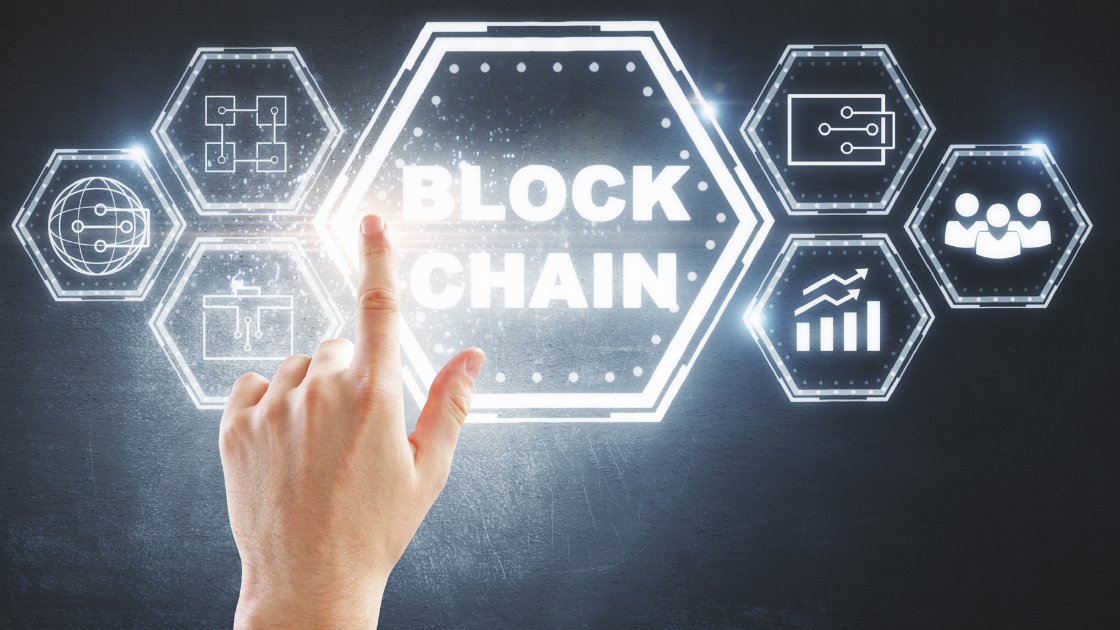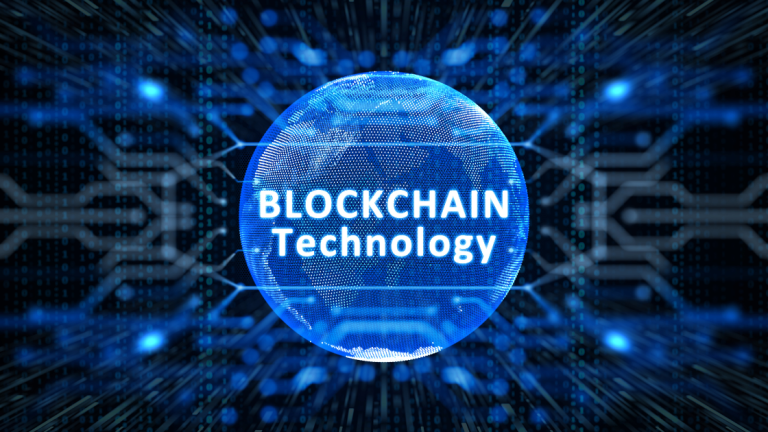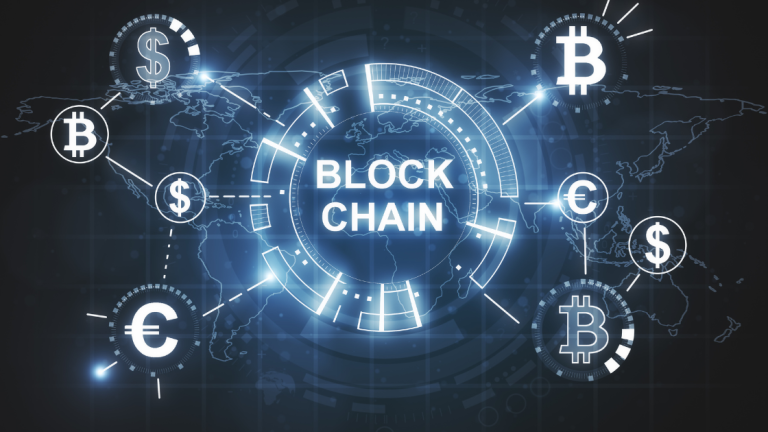Blockchain technology is a prominent digital invention, with the future transforming many sectors. Moreover, it reconsiders data management in the supply chain, finance, and healthcare. As we proceed towards 2024, the prediction for developments in blockchain technology grows. This blog explores the future of blockchain technology through seven key trends that are set to shape it.
7 Key Trends In The Future Of Blockchain Technology
Blockchain technology is one of the revolutionary technologies that has grown in recent years, bringing new trends to different industries. So, let’s learn about what is coming up and get ready to take advantage of the latest blockchain trends 2024 technology.
- Cross Chain Solutions/ Interoperability:
Interoperability in blockchain allows different systems to work together, similar to how the internet connects various networks. Usually, blockchain operate as separate entities, limiting asset and information exchange.
Interoperability solutions, like those provided by Polkadot and Cosmos, use relay chains and hubs to connect different blockchain ecosystems. Therefore, this connection not only makes the system more scalable but also paves the way for the new DeFi innovations and ross-chain applications.
- Asset Tokenization:
Asset Tokenization involves changing the value of a physical or digital asset into a digital token using blockchain technology. This process enables ownership, auditing, and clear tracking.
This trend is growing because it allows dividing ownership of tangible and digital assets into small pieces without needing a central escrow. Thus, this lowers barriers and increases liquidity, making it easier to invest in assets. At lower cost companies can raise more funds through tokenization than traditional methods.
- Decentralization In Finance(DeFi):
Decentralize finance (DeFi) is a new type of service that uses blockchain and Web3 technology. It authorizes p2p transactions, such as lending and trading, without the need for traditional banks, eliminating their fees.
Furthermore, DeFi leverages smart contracts, which are self-executing agreements with the terms written in code. These contracts hosted on blockchain platforms, power various financial services like loans, asses exchanges, market predictions, insurance, and stablecoins, providing global access to the digital economy.
- Combining Blockchain With AI:
Artificial intelligence(AI) and Blockchain are often seen as ideal partnerships. AI can quickly and thoroughly analyze data, adding intelligence to blockchain networks, which helps them understand and process information efficiently. Blockchain can help AI by providing access to large data sets, both internal and external, improving the relevance of AI-generated insights.
Moreover, it also manages data sharing and usage, creating a transparent and trustworthy data marketplace. Integration of blockchain with AI enhances reliability and security. Blockchain ensures data integrity and secure transactions, which are important for AI applications.
Thus, this integration minimizes the risk of attack and boosts the overall effectiveness of AI, allowing businesses to leverage AI’s full potential while maintaining high security levels.
- Eco Friendly Blockchain/ Sustainability:
A sustainable or green blockchain is one whose consensus mechanism does not contribute significantly to climate change through greenhouse emissions. PoW systems consume a lot of energy and are replaced by energy-efficient consensus algorithms such as PoS and DPoS.
For example, Algorand uses pure PoS, while Tezos employs liquid proof of stake to reduce Carbon emissions into the atmosphere. Therefore, this shift reflects a global push for concern for sustainability and the ethical use of technology.
- BaaS:
Blockchain as a service (BaaS) lets businesses and developers build and manage blockchain applications without setting up their systems. Cloud providers offer pre-configured blockchain networks and tools, making creating and deploying applications easy.
Additionally, this approach reduces resource use and simplifies infrastructure management, allowing companies to focus on innovation. BaaS allows businesses to choose the blockchain protocol that best suits their needs.
- Internet Of Things(IoT)
Combining blockchain with IoT is interoperate secure and fast device communication. Through decentralization and an unchangeable ledger, blockchain ensures the safety and authenticity of IoT data. Moreover, this is particularly valuable in supply chain management where transparency is important.
By enhancing the reliability of data from IoT devices, blockchain can be applied in smart cities, industrial automation, and logistics, where accurate information is vital for smooth operations.
Conclusion
The future of blockchain in 2024 is bright and dynamic. Blockchain technology continues to evolve and brings transformative trends across various industries. From interoperability and asset tokenization to the growth of DeFi and AI integration, it redefines how we interact with digital systems. Moreover, the rise of blockchain as a service are making the technology more accessible and sustainable.
These are proof of how much we need to depend on a future global infrastructure based on blockchain technology. By accepting these trends, the future of blockchain is bright, promising a more connected, secure, and sustainable digital world.




